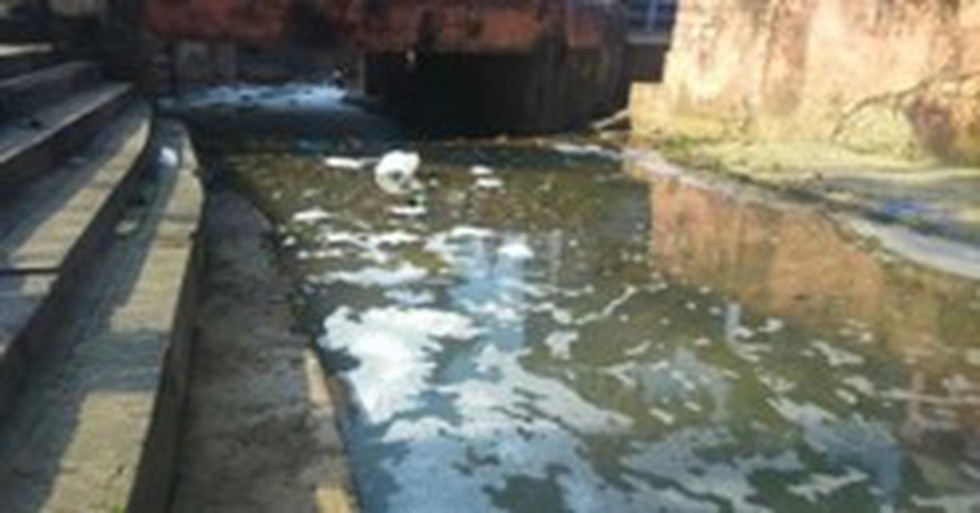Free Courses Sale ends Soon, Get It Now


Free Courses Sale ends Soon, Get It Now



Disclaimer: Copyright infringement not intended.
Context
About Devika Project
Key Facts about Devika River:
|
PRACTICE QUESTION With reference to the River Devika Project, consider the following statements:
How many of the above statements are correct? A) Only one B) Only two C) All three D) None Answer: B |
© 2024 iasgyan. All right reserved